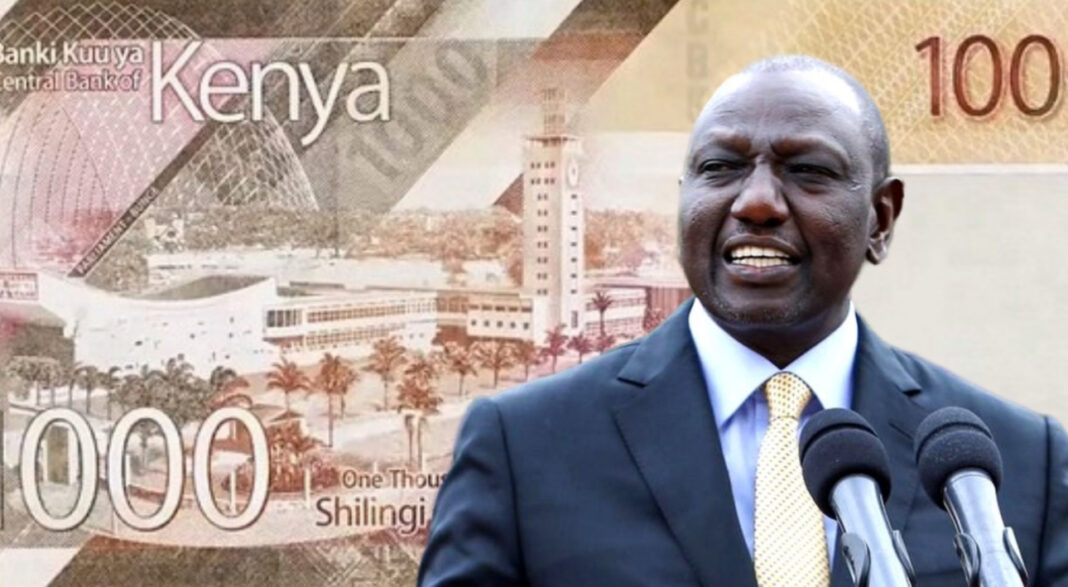NAIROBI, Kenya – Launched with fanfare in November 2022 by President William Ruto, the Hustler Fund was marketed as a game-changer for Kenya’s informal sector workers; boda boda riders, small traders, and micro-entrepreneurs.
Promising accessible loans to empower the country’s “hustlers,” the initiative aimed to uplift the backbone of Kenya’s economy.
However, two years later, the Kenya Human Rights Commission (KHRC) is calling for a complete overhaul of the program, labeling it a flawed and politically driven project that risks becoming “quick money turned dead money.”
A comprehensive KHRC study, utilizing interviews with fund managers, telecom partners, and borrowers alongside secondary data, exposes deep-rooted issues in the Hustler Fund’s design and execution.
The report highlights meager loan amounts, unrealistic repayment terms, and a lack of financial literacy support as key factors undermining the fund’s effectiveness.
Borrowers like Joyce Wanja, a shop owner, express frustration over the paltry sums offered.
“The Hustler Fund was supposed to help my business, but Sh300 or Sh500 can’t even buy stock. It’s only good for emergencies,” she told researchers.
Another borrower questioned, “What business can you start with such an amount?” The KHRC report confirms these sentiments, noting that the small loan sizes fail to catalyze meaningful business growth.
Compounding the issue is the fund’s stringent 14-day repayment period, with interest rates escalating from 8% to 9.5% for defaulters.
This tight timeline has proven unworkable for many, leading to a staggering 68.3% default rate by December 2022. By June 2023, 78% of arrears were over 90 days overdue.
Some borrowers, exploiting the fund’s lax enforcement, admitted to taking loans with no intention of repayment. “I’ll take it, but not repay it. What will they do to me?” one Nairobi respondent remarked defiantly.
The KHRC study also reveals that many informal traders avoid the fund altogether due to unstable business environments.
A roadside vendor explained, “I can’t take the Hustler Fund because the City Council might confiscate my goods, and I won’t be able to repay.”
Low financial literacy further exacerbates the problem, with 45% of Kenyans relying on friends for financial advice and only 2.9% consulting financial institutions.
Without integrated training or business development support, loans often fail to translate into sustainable enterprises.
While some boda boda operators have used the fund for minor needs, such as motorbike repairs, its broader impact remains negligible.
“Most operators can buy small spare parts and repay after two weeks,” a boda boda chairman noted, “but for bigger ventures, it is useless.”
The KHRC argues that the Hustler Fund’s flaws insufficient loan amounts, short repayment periods, and lack of borrower education render it ineffective and unsustainable.
They warn that without significant reforms, the fund risks becoming a financial sinkhole, squandering public resources on a politically motivated initiative with minimal economic benefit.
Despite these criticisms, President Ruto has touted the fund’s achievements, claiming it has disbursed Sh71 billion and mobilized nearly Sh5 billion in savings.
However, the KHRC’s findings paint a starkly different picture, urging a reevaluation of the program to better serve Kenya’s hustlers.
As calls for reform grow louder, the Hustler Fund stands at a crossroads.
Will it evolve into a genuine tool for economic empowerment, or remain, as the KHRC fears, “dead money” in the hands of those it was meant to uplift?


